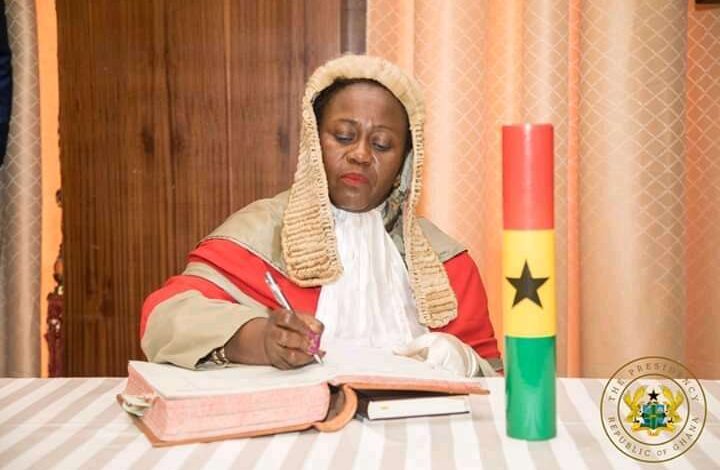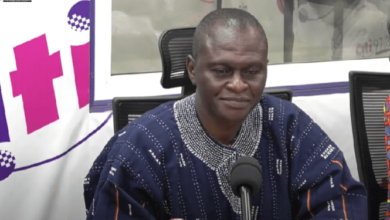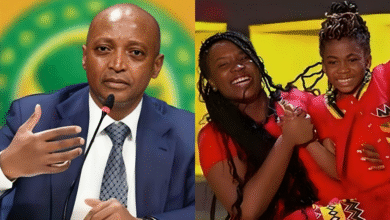Pressure mounts on Chief Justice as removal petitions rise to five

The controversy surrounding Chief Justice Gertrude Araba Esaaba Sackey Torkornoo has escalated further, as the Office of the President confirms the receipt of two additional petitions seeking her removal from office.
This development brings the total number of petitions filed against the country’s top judicial officer to five.
The latest submissions, whose authors remain undisclosed, follow three earlier petitions lodged on February 14 and March 17, 2025.
Although the details of the allegations remain confidential under Article 146 of the 1992 Constitution, insider sources suggest the petitions cite claims of misconduct and abuse of office.
The rising pressure comes on the heels of a significant constitutional move: Chief Justice Torkornoo was formally suspended on Tuesday, April 22, 2025, after a prima facie case was established by a judicial committee tasked with reviewing the initial complaints.
President John Dramani Mahama acted on the committee’s recommendation in consultation with the Council of State, invoking Article 146(6) to effect the suspension.
Following protocol, the Chief Justice was earlier served with copies of the original petitions and granted 10 days to respond.
Her defense was submitted by April 7. However, the response did not prevent the committee from determining that a full investigation was necessary.
In the interim, Supreme Court Justice Paul Baffoe-Bonnie, the most senior member of the bench, has been designated to serve as acting Chief Justice under Article 144(6), pending the outcome of the inquiry.
The situation has sparked a national conversation, splitting opinion across legal and political lines.
Critics—particularly within the opposition and civil society—have raised alarms over what they perceive as an attempt to politicize the judiciary.
Some legal experts and members of the governing party argue that the process is being carried out in accordance with constitutional requirements and should be respected.
Prominent legal scholar Professor H. Kwasi Prempeh of the Ghana Center for Democratic Development (CDD-Ghana) has called for greater transparency in such proceedings, emphasizing the need to preserve trust in the judiciary.
The country now awaits the formation of a five-member investigative committee that will determine whether the Chief Justice should be permanently removed from office.
As the legal process unfolds, Ghana finds itself at a crossroads—where the independence of the judiciary, the limits of executive power, and the robustness of constitutional checks and balances are all under intense scrutiny.





